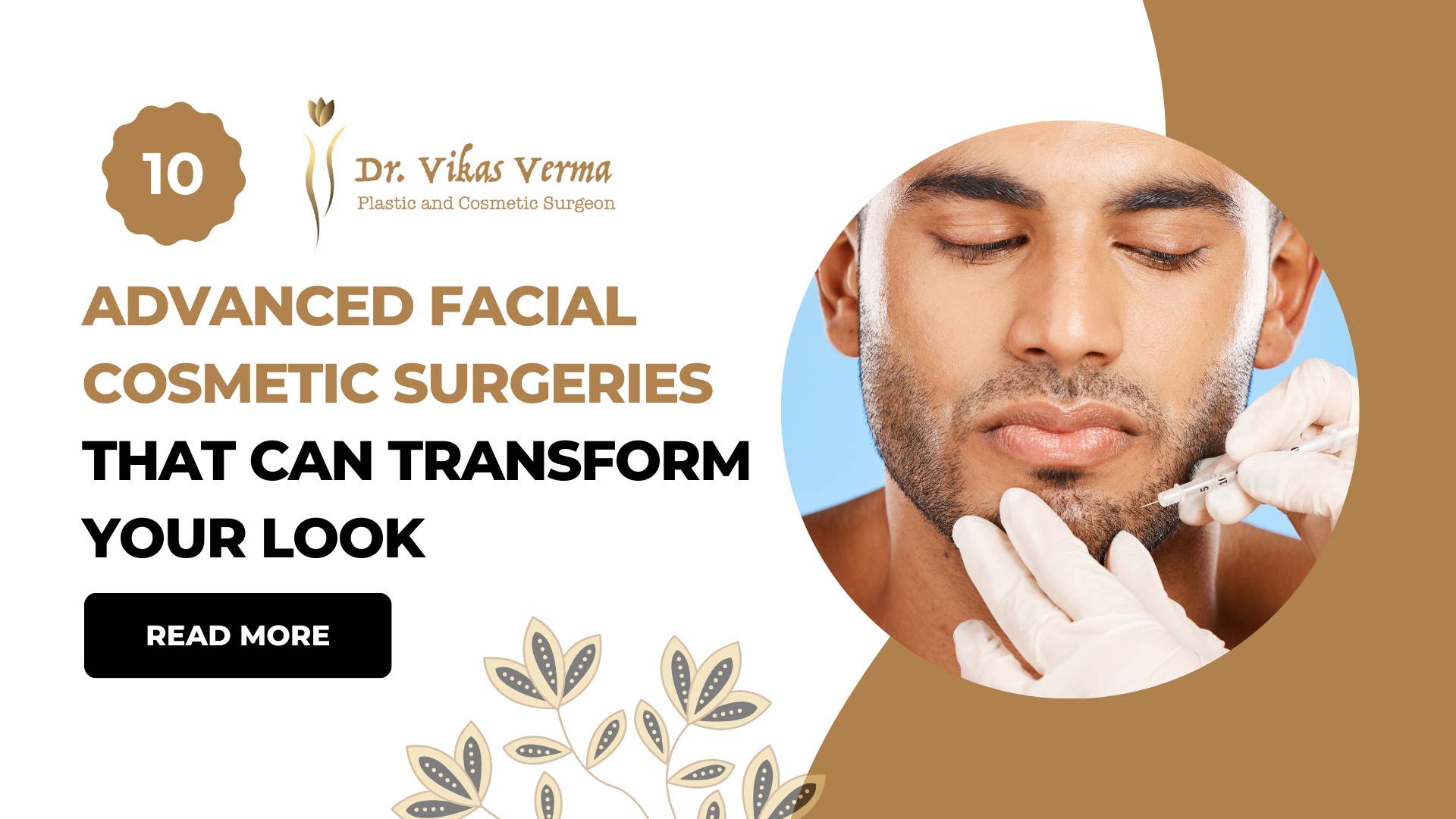Introduction:
Cosmetic surgery, often hailed as a transformative tool in the realm of beauty enhancement, has become increasingly prevalent in modern society. With its promise of sculpting and refining one’s appearance to align with personal ideals, cosmetic surgery has sparked both fascination and controversy.
In this comprehensive guide, we delve deep into the world of cosmetic surgery, exploring its history, evolution, popular procedures, ethical considerations, and the psychological impact it bears on individuals.
The Evolution of Cosmetic Surgery:
The roots of cosmetic surgery can be traced back to ancient civilizations, where rudimentary procedures were performed to correct facial deformities and injuries. However, it wasn’t until the late 19th and early 20th centuries that cosmetic surgery began to take shape as a distinct medical specialty. Pioneers made significant strides in the field, particularly in reconstructive surgery for soldiers wounded in World War I.
As societal norms evolved and beauty standards became more pronounced, cosmetic surgery gradually expanded beyond reconstructive procedures to encompass elective enhancements aimed at improving aesthetics.
Advancements in surgical techniques, anesthesia, and technology further propelled the growth of cosmetic surgery, making it more accessible and safer than ever before.
Popular Cosmetic Procedures:
The realm of cosmetic surgeries encompasses a myriad of procedures designed to address various aesthetic concerns. Among the most popular are:
Rhinoplasty: Also known as a nose job, rhinoplasty involves reshaping the nose to enhance its appearance or improve functionality.
Breast Augmentation: This procedure involves the placement of implants to enhance the size and shape of the breasts, often sought by women seeking to achieve a more proportionate figure.
Liposuction: Liposuction targets stubborn fat deposits in areas such as the abdomen, thighs, and hips, sculpting the body for a more contoured silhouette.
Facelift: A facelift, or rhytidectomy, aims to reduce signs of aging by tightening facial muscles, smoothing wrinkles, and eliminating excess skin.
Botox and Dermal Fillers: Non-surgical options like Botox and dermal fillers are used to diminish fine lines, wrinkles, and volume loss, providing a more youthful appearance.
Ethical Considerations:
While cosmetic surgery offers the promise of aesthetic enhancement, it also raises ethical considerations that warrant careful examination. Critics argue that the pursuit of an idealized appearance perpetuates unrealistic beauty standards and may contribute to body image issues and low self-esteem, particularly among impressionable individuals.
Furthermore, there are concerns regarding the commodification of beauty and the influence of societal pressures on individuals’ decisions to undergo cosmetic procedures. Issues of patient autonomy, informed consent, and psychological well-being are paramount in ethical discussions surrounding cosmetic surgery, prompting healthcare professionals to approach each case with sensitivity and caution.
Psychological Impact:
The decision to undergo cosmetic surgery is often driven by a desire to improve self-confidence and overall well-being. Research suggests that many individuals experience a boost in self-esteem and quality of life following successful cosmetic procedures, feeling more comfortable and satisfied with their appearance.
However, it’s essential to acknowledge that cosmetic surgery is not a panacea for underlying psychological issues or insecurities. While physical changes may enhance external appearance, true self-acceptance and happiness stem from inner confidence and self-love.
Therefore, comprehensive pre-operative counseling and psychological assessments are crucial to ensure that patients have realistic expectations and are mentally prepared for the transformative journey ahead.
Conclusion:
Cosmetic surgery continues to play a significant role in shaping perceptions of beauty and self-image in contemporary society. From its humble origins in reconstructive surgery to its modern-day prominence as a tool for aesthetic enhancement, cosmetic surgery has evolved alongside societal values and technological advancements.
While the field of cosmetic surgery offers a myriad of possibilities for physical transformation, it also poses ethical considerations and psychological implications that cannot be overlooked.
By fostering open dialogue, promoting informed decision-making, and prioritizing patient well-being, we can navigate the complexities of cosmetic surgery with compassion and integrity, ultimately empowering individuals to embrace their unique beauty, inside and out.
